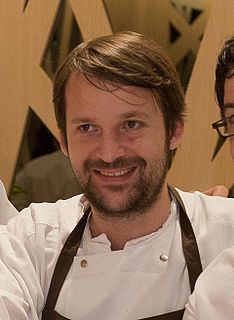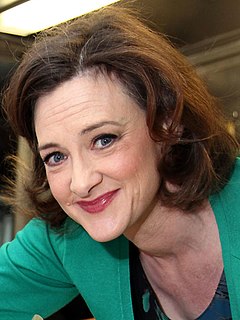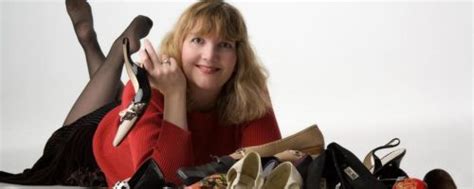A Quote by Annalee Newitz
'The Red' is the first book in a trilogy that gained a big following as a self-published e-book, and is now out in paper from Saga. It introduces us to reluctant hero Shelley, a former anti-war activist who chooses to join the military rather than serve jail time after being arrested at a protest.
Related Quotes
About a year after (my stories began being published), magazine editor George Scithers, suggested to me that since I was so new at being published, I must be very close to what I had to learn to move from fooling around with writing to actually producing professional stories. There are a lot of aspiring writers out there who would like to know just that. Write that book.SFWW-I is that book. It's the book I was looking for when I first started writing fiction.
Blind Curve, the book I'm working on now, sprang from a crazy incident that happened to me last year while on my book tour. I was pulled out of my car for a minor traffic violation - an incident that escalated into my being thrown into cuffs and told I was going to jail. Except in my story, the hero doesn't get off as easily as I did.
When I wrote the first Betsy book, 'Undead and Unwed,' I had no idea, none, that it would be a career-defining, genre-defining book, the first of over a dozen in the series, the first of over 70 published books, the first on my road to the best-seller list, the first on my road to being published in 15 countries.
When Emily Dickinson's poems were published in the 1890s, they were a best-seller; the first book of her poems went through eleven editions of a print run of about 400. So the first print run out of Boston for a first book of poems was 400 for a country that had fifty million people in it. Now a first print run for a first book is maybe 2,000? So that's a five-time increase in the expectation of readership. Probably the audience is almost exactly the same size as it was in 1900, if you just took that one example.
Chrysostom, I remember, mentions a twofold book of God: the book of the creatures, and the book of the scriptures. God, having taught us first of all by his works, did it afterwards, by his Words. We will now for a while read the former of these books; 'twill help us in reading the latter. They will admirably assist one another.
When I was first writing 'Feed' - which was the first book I published as Mira - I talked about it very openly on my blog, on Twitter, that I was writing this book, and it wasn't until after it was sold that I said 'Mira Grant' wrote this book. And the reason there was really purely marketing-based.
After I had my son I looked everywhere for a book that might serve as some kind of mirror. I bought so many silly books. Now I see what the problem was: I wanted a book about time-about mortality. I can't think of a writer who is at once so experimentally daring and so rigorously uncompromising as Sarah Manguso. Ongoingness is an incredibly elegant, wise book, and I loved it.

































